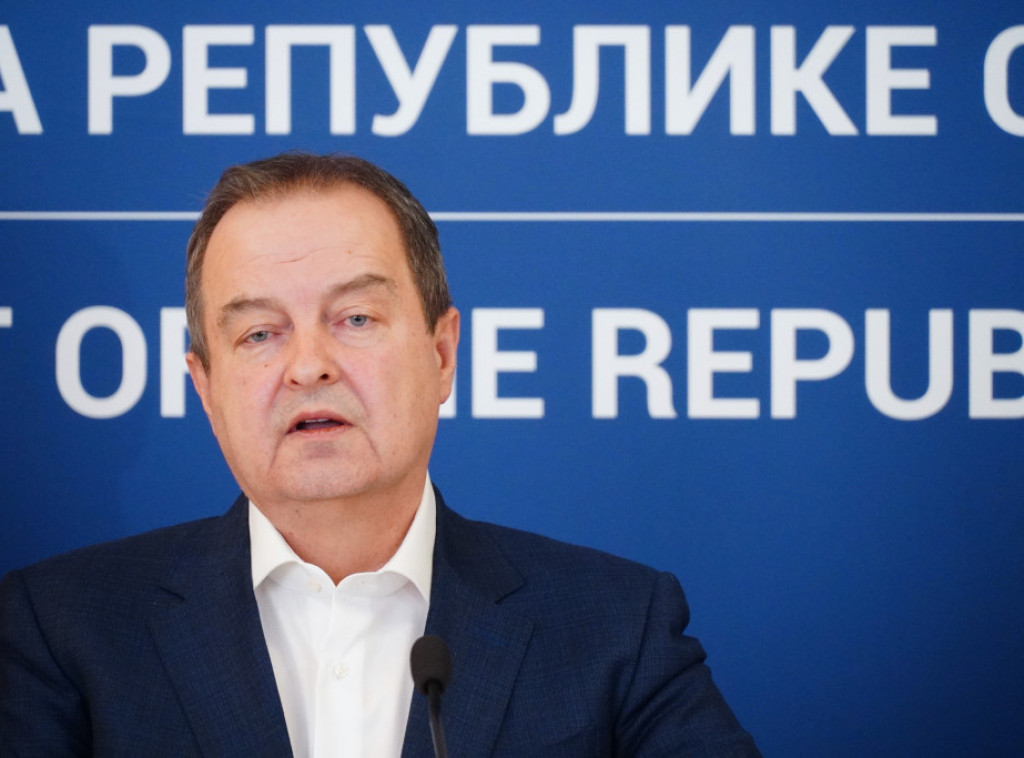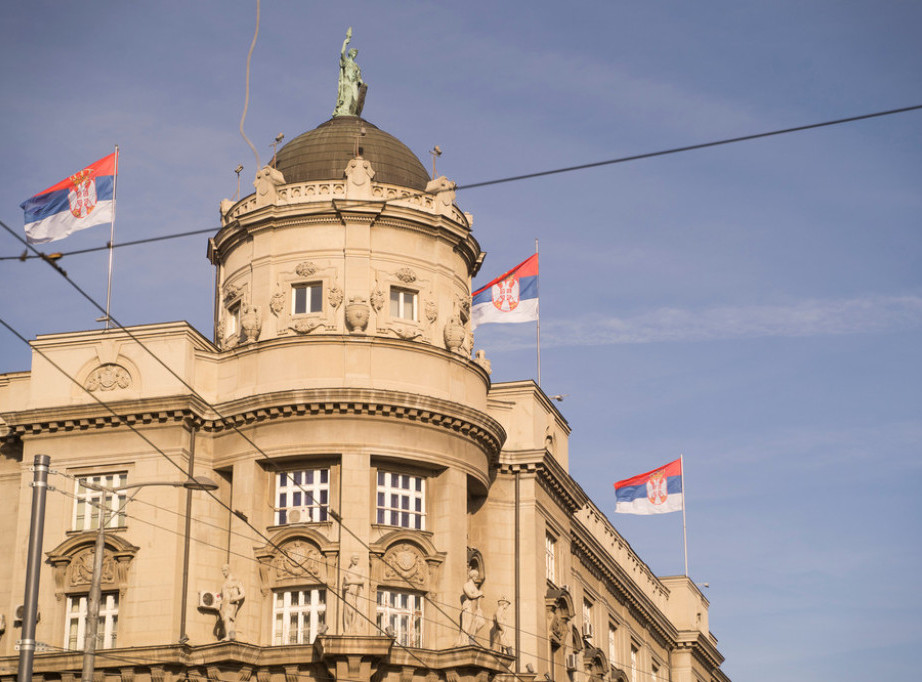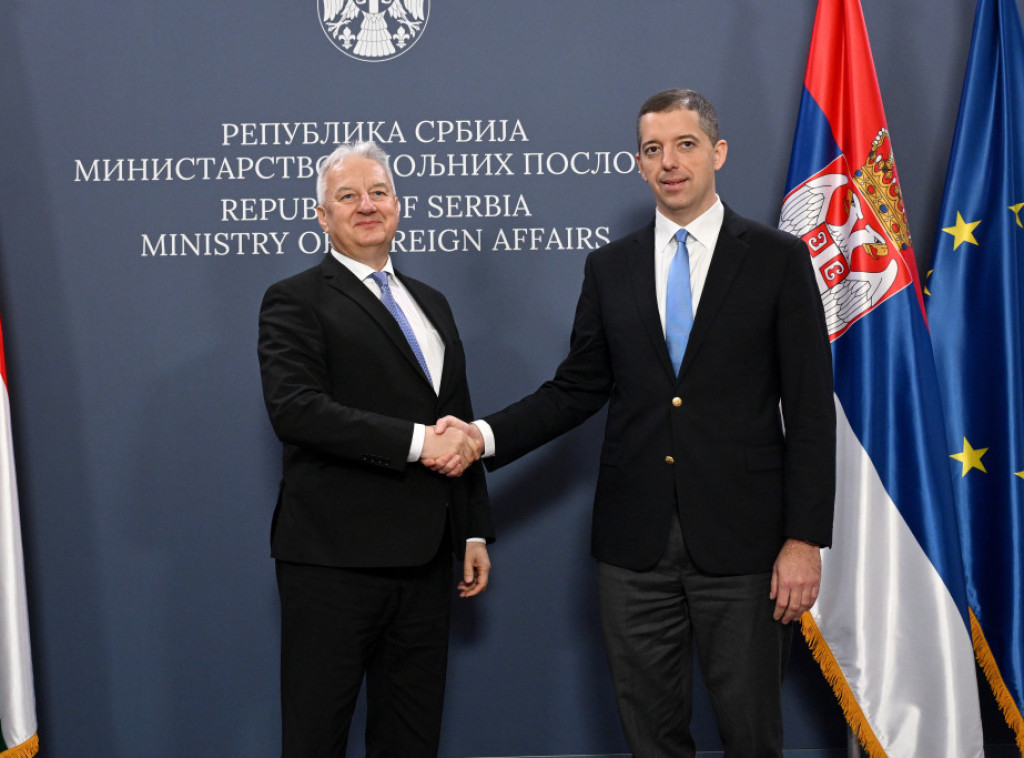Source: Beta
News / Politics | 28.03.25 | access_time 12:53
Pancevo oil refinery (BetaPhoto/Ministry of Mining and Energy of Republic of Serbia/Emilija Jovanovic)
Srbijagas CEO Dusan Bajatovic said on March 28 that he was hoping for a new postponement of U.S. sanctions against oil company NIS of up to three months. "We might get an extension of up to three months," Bajatovic told public broadcaster RTS.
He recalled that new information on sanctions against NIS would be known at 6 a.m. on March 29, which was the deadline for the delayed implementation of the sanctions, adding that a final talk between NIS' lawyers and the Serbian government would be held before that.
Bajatovic further said that sanctions were currently one of the biggest challenges facing the oil industry, but that everything was being done to reach a favorable solution.
He pointed out that there had already been one deferral of the sanctions, and that the ownership structure of NIS had changed, given the reduction of Gazprom's stake in the company. "We previously got a postponement, but political sanctions can be unpredictable. From a legal point of view, this change in NIS' ownership structure should be enough for us to avoid sanctions," said Bajatovic.
He also recalled that Gazprom now owned just 11 percent of NIS, while Serbia had about 30 percent, which should be sufficient in line with the regulations referring to sanctions.
Bajatovic underscored that there would be enough oil and fuel in Serbia even if the sanctions were not postponed. NIS, as he put it, is well supplied, but a problem may arise if refineries are not kept at maximum capacity because in that case the supplies would be used up faster.
"We have enough supplies for around 200 days in line with the reserves that are available," said Bajatovic.
He believes that, if the sanctions are imposed, the situation will be serious but not disastrous, because the government will control the price of fuel and avoid inflation that could additionally worsen the economic situation in Serbia. According to him, in that case Serbia will use the National Bank of Serbia's foreign exchange reserves in order to continue importing oil derivatives.
The U.S. put NIS on its list of sanctions on Jan. 10, over Russian Gazprom Neft's share in the company, for the purpose of preventing Russia from using energy revenue for the war in Ukraine.
The U.S. Department of the Treasury's sanctions against NIS, as part of measures against Gazprom Neft, were to come into force on Feb. 27.
In early February, NIS sent a request to the Department of the Treasury's Office of Foreign Assets Control (OFAC) to delay the sanctions, and the request for at least a 90-day deferral that would allow the issue of ownership structure to be dealt with was supported by the governments of Serbia and Hungary.
The request was accepted and the sanctions were postponed for 30 days, and NIS was granted a special license of the U.S. Department of the Treasury which deferred the full implementation of sanctions against the company until midnight on March 28, i.e. 6 a.m. on March 29 local time.
In the meantime, NIS' ownership structure was changed.
NIS is the only company in Serbia that deals in oil exploration, production and processing, as well as in the production of natural gas.

 4 days ago
5
4 days ago
5




 We deliver critical software at unparalleled value and speed to help your business thrive
We deliver critical software at unparalleled value and speed to help your business thrive






 English (US) ·
English (US) ·